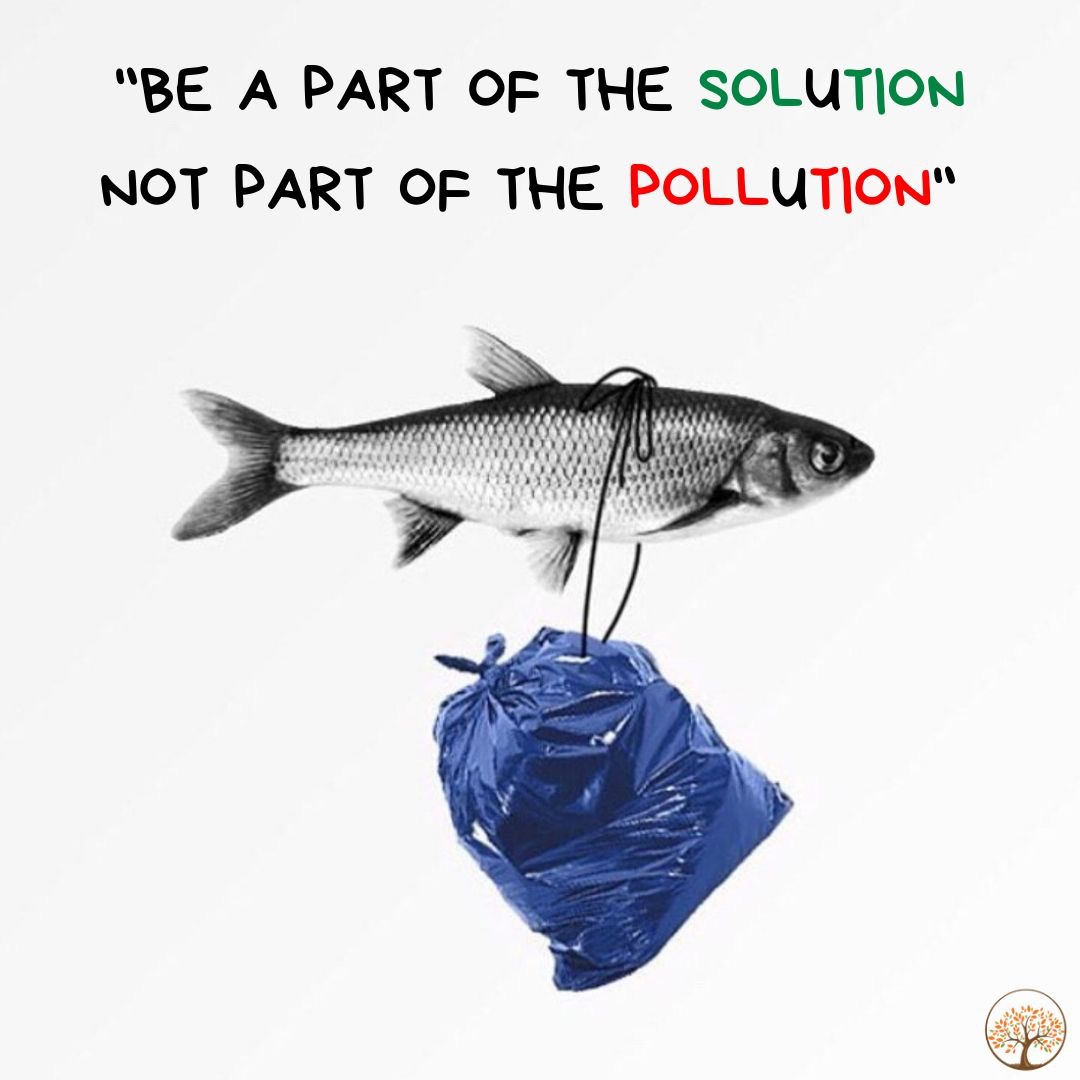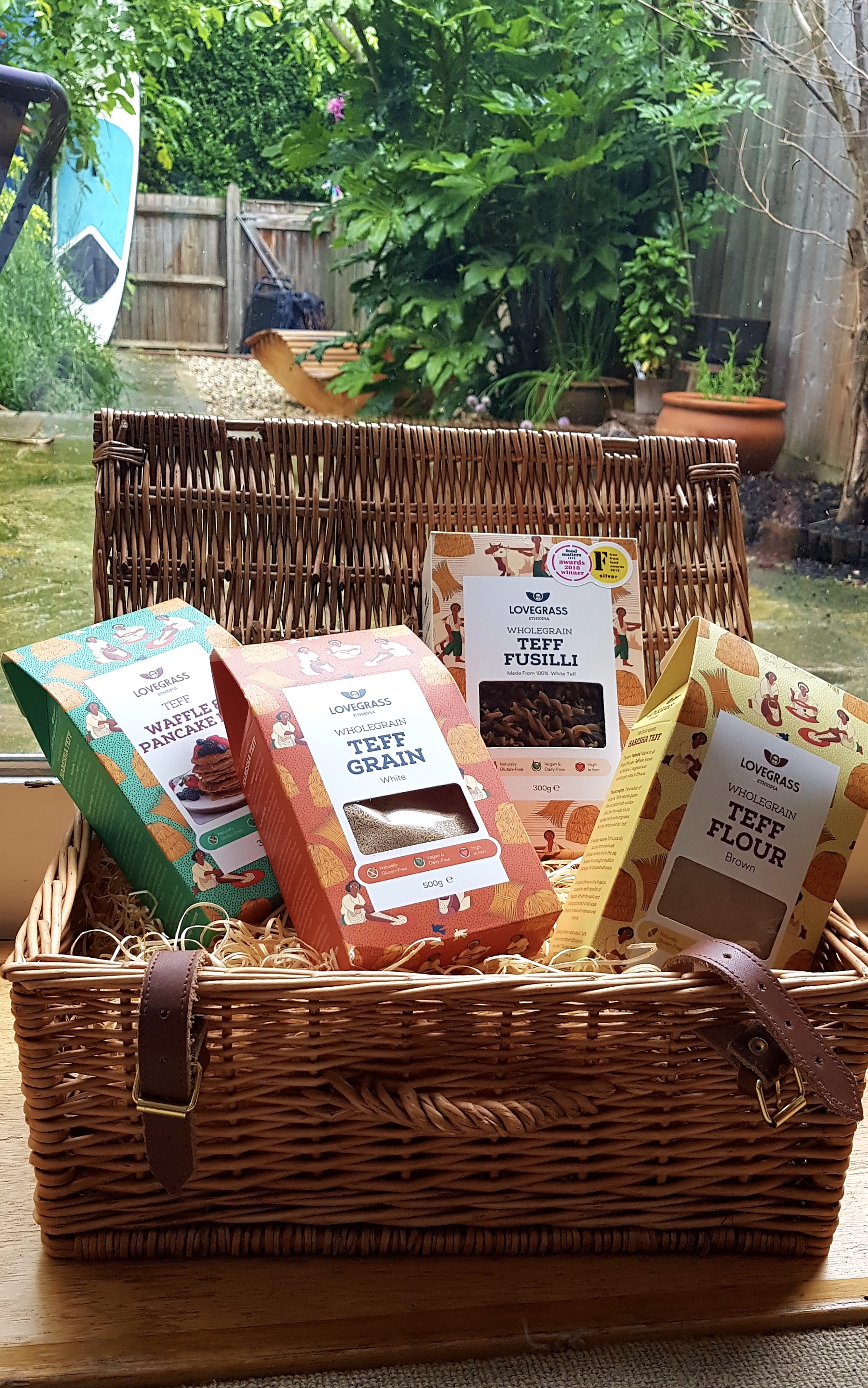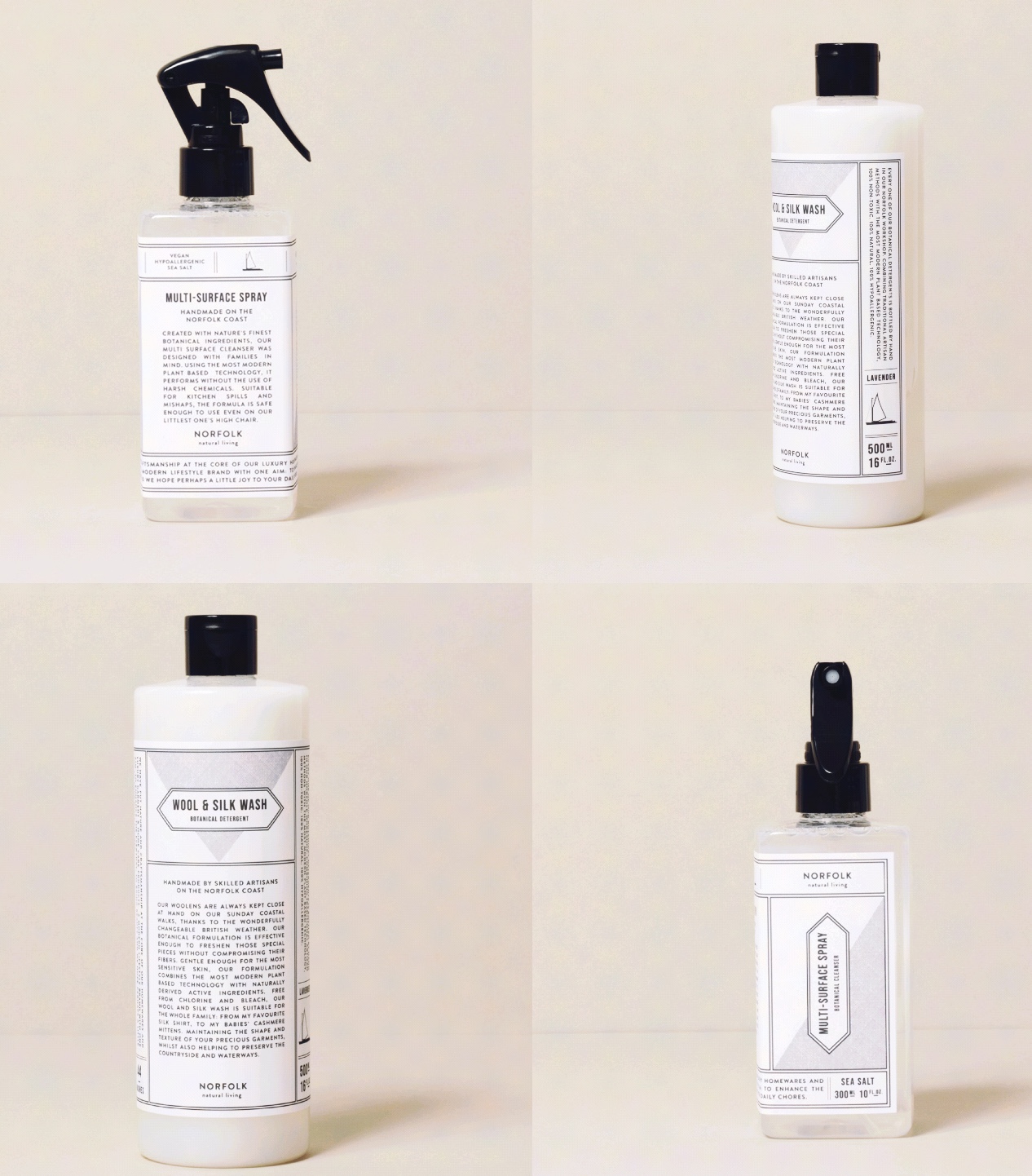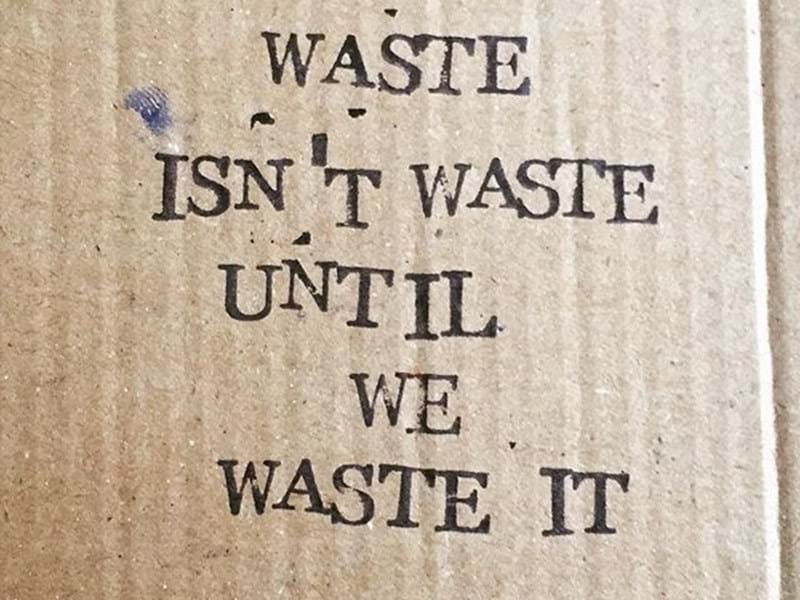Sustainability - Dipping your toe in...
- Hazel Butterfield
- 13 June 2019
Sustainability is a not a new ‘buzz word’ but it is becoming more prominent in our everyday life, our busy lives. So how can we get involved without adding to our already hectic schedule?
This is the first in a series of sustainability blogs that I will be producing, all of which will be discussed on my ‘Riverside Today’ Show every Friday 10-12pm at Riverside Radio.
We are swamped with good causes, the next ethical dilemma. Juggling family/work/friend’s commitments. Keeping fit, reading that book, home maintenance, attaining a level of ‘downtime’. Attending counselling, starting a new business, walking the dog and just generally looking after ourselves. The list goes on...
But then our lack of time is then mixed with guilt for what we can’t do. Sustainability issues may not be high on your list of priorities when just trying to achieve a semblance of sanity, but there is an element of order and altruism that can calm or outweigh a hectic mind/life. Whatever your reason, I have a few hacks and ideas to help you dip your toe in or add to what you may currently be achieving.
Food
Cos lettuce and celery stems, once you’ve cut off and eaten what you can, put them in a pot and watch them grow back. In a matter of weeks they’ll be producing food again.
Tomatoes nearing the better days, oven dry them with salt and olive oil (and a splash of balsamic if you are so inclined). Slice in half and put on an oven dish for 60-90mins on a low heat. To save on electricity, I sometimes put them in during the oven warming up and cooling down for other meals. They are absolutely delicious.
Up-cycling
Old clothes - save on landfill. Ebay, charity shops, homeless shelters and rag banks are all a great way to go.
Old Make-Up
There’s always the odd item you know you bought thinking it was you and blatantly isn’t, or those unwanted Christmas gift items, ‘Gift with Purchase’ random items and that freebie with your monthly glossy. Instead of letting them fester and get out of date, there are charities that you can send them to who will donate them to vulnerable women. Even if you tried the make-up item initially and it is not 100% new, they are still wanted. So long as they are not bedraggled. Check out Caroline Hirons’ campaign here.

Shop happy & guilt free
Here are Forbes latest global Top sustainable 100 brands. I’m also aware that some great sustainability effective brands have an none sustainable price tag or are not you’re everyday accessible company. So if a discarded fish skin handbag from Sustainability designer Osklen for £1,800 is not your bag... Ahem. #FishSkinHandbag. A few more attainable and sustainable brands to get involved with are below:
Lovegrass
This fabulous company support sustainable Ethiopian farming which create sustainable businesses for the next generation, they pay them 25% more than average and their packaging is recyclable.
What is Teff?
A native of Ethiopia, Teff is the smallest and possibly the most ancient of all grains. A nutritional powerhouse, it is packed with vitamins, minerals, fibre, protein and prebiotics (which your gut will love).
Throughout Ethiopia each village grows its own unique variety of Teff seed – keeping a natural diversity unparalleled to any other crop in the world. A labour of love, it is still harvested using ox-plough, a tradition unchanged for thousands of years.
Lovegrass Ethiopia is on a mission to share the benefits and the uniqueness of Ethiopian Teff with the world and in so doing open a fair market and tell the story of the traditional farmer.
https://thelovegrass.com/about/

Norfolk Natural Living
“Our cleaning products are similarly plant-based and natural, making them perfect for using in the family home. In fact, Bella, our founder, launched the brand after struggling to find natural products for the home that she could use in a guilt-free way.”
- Using PET refillable packaging
- Sourcing ingredients as locally as we can
- Keeping our formulations free from chlorine and bleach
- Using plant derived ingredients, taking advantage of their natural potency
- Saying no to parabens, phthalates and artificial additives
- Creating highly concentrated formulas - so you don’t need to use as much.
- Encouraging customers to refill their bottles at our flagship store in Holt
- Never testing on animals
Essentially, they produce environmentally responsible and beautiful garment care for luxury and high fashion items from a small workshop in rural Norfolk. Not only is their range made from plant-based ingredients to gentle cleanse your favourite clothes, but they are simply beautiful to have in your utility room too. They don't use any harsh chemicals or ingredients that are harmful to aquatic life when they enter our waterways.

If you want a resource to help you understand and analyse your current shopping and favourite products, there are some excellent apps to help assess your favourite brands level of sustainability and impact on the environment. All you need to do is scan the products barcode (beware, this is quite addictive!)...
Gikibadges
Giki rate 280,000 UK supermarket products on health, environment and ethical issues. You just scan the barcode, or search, either at home or in store and see how a product performs. A crucial element is they then provide alternative options, to show that change is possible. 80% of their community report changing purchases as a result of Giki. They have found that many people want to change because of the increasing urgency of environmental issues.
“David Attenborough, the student strikes led by Greta Thunberg and Extinction Rebellion have all done a great job in raising awareness and increasingly we all want to make a difference. We work with communities who are not only changing their own personal behaviour, but also helping others too.”
Check out their blog to illustrate how...
Like many things, sometimes it’s best to not get too overwhelmed. Start small and get used to it, see how easy it can be and expand from there. Also, give yourself a break - you’re probably doing more than you think.
Small changes to your daily habits do make a difference.
I welcome your ideas to get started/onboard with sustainability. Something is always better than nothing.

